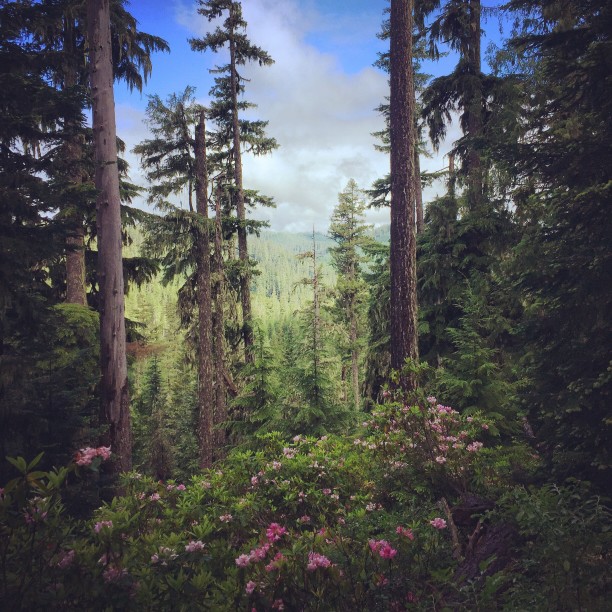The government of Rio de Janeiro is planning to build a giant wall around a shantytown in the city to protect the surrounding Forest Policy Research. The project is expected to cost $17 million and will surround the Santa Marta favela, which is home to nearly a million people. The poor communities are crowded into the rainforest and have been ravaged by decades of development.

The Brazilian government has said that the plan is necessary to stop illegal logging and deforestation. The country is in dire need of more forest protection and has committed to a 70% reduction in deforestation by 2030. However, many people believe that this will not be enough. The rainforest is an important part of Brazil’s ecosystem and is responsible for 80 percent of the country’s carbon emissions.
The first phase of the project has already raised over $100 million in funding from the World Wildlife Fund and the German Development Bank. The second phase is expected to cost an additional $20 million. The Brazilian government has also contributed about $18 million to the project, as well as a number of local and foreign organizations. A large portion of the project has been delayed until the end of the year because of the political and environmental crisis in the country.
The project’s first phase involved US$16.5 million in funding. The second phase will require another $30 million in funding. The World Wildlife Fund, the German Development Bank, and the Brazilian government all contributed to the project, which is expected to take several years to complete. The project has already been delayed until next year. The Brazilian government has pledged to protect the rainforest for a decade.
The second phase of the project will include an additional $20 million. The World Wildlife Fund provided US$16.5 million for the first phase of the project. The German Development Bank also contributed $10 million. The Brazilian Government and local donors have contributed the remaining funds. Further funding will be needed for the construction of the second phase of the wall. Aside from the World Wildlife Foundation, the project’s first phase is estimated to take several years to complete.
The project is being funded by US$16.5 million for the first phase and another US$10 million for the second phase. The World Wildlife Fund and the German Development Bank have also contributed to the project. Other local sources of funds have contributed the remaining funds for the second phase. The World Wildlife Federation and the Brazilian Government have both committed to the project. In addition to the World Wide Web, the Brazilian government has also pledged to make the wall impassable by 2020.